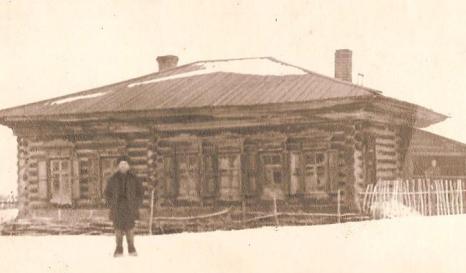


Inedéditions.
Sound Archives, European Memories of the Gulag
Back
Description:
- Title: Daily life in deportationMeeting people
- Author(s): Inconnu
- Date: Inconnue
- Collection:
- Source: Sound Archives - European Memories of the Gulag
- Collection conditions: Source: Interview conducted in Lithuania by J. Mačiulytė, 26/10/2009.
- Licence: Licence CC BY-NC-ND.
- Localisation: Inconnue

